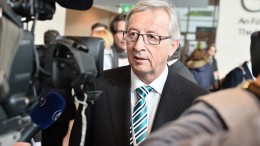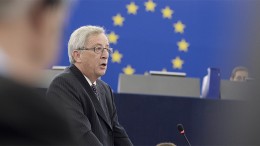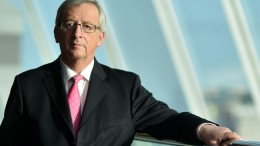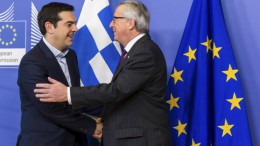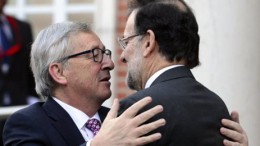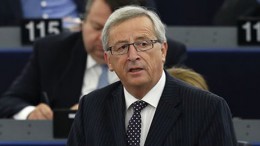“The EU has to make itself attractive” in the wake of Brexit
“The EU has to make itself attractive” in the wake of Brexit. Brussels is trying to force London to accelerate its departure process “as soon as possible, despite how painful that may be,” according to European Commission President Jean Claude Junker. During the European Summit on Tuesday, the the scenario for the new EU with 27 Member States will be presented.

